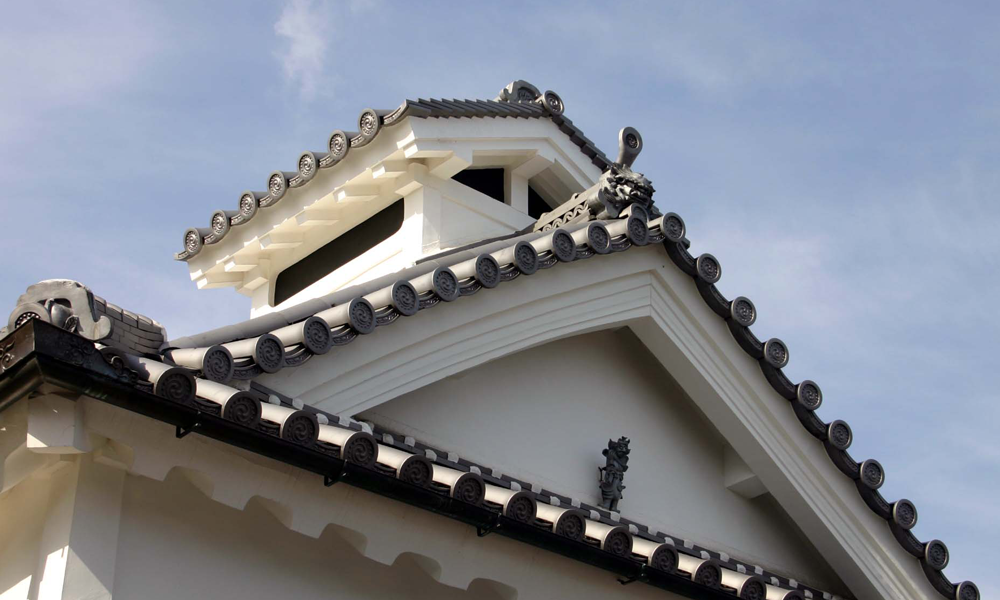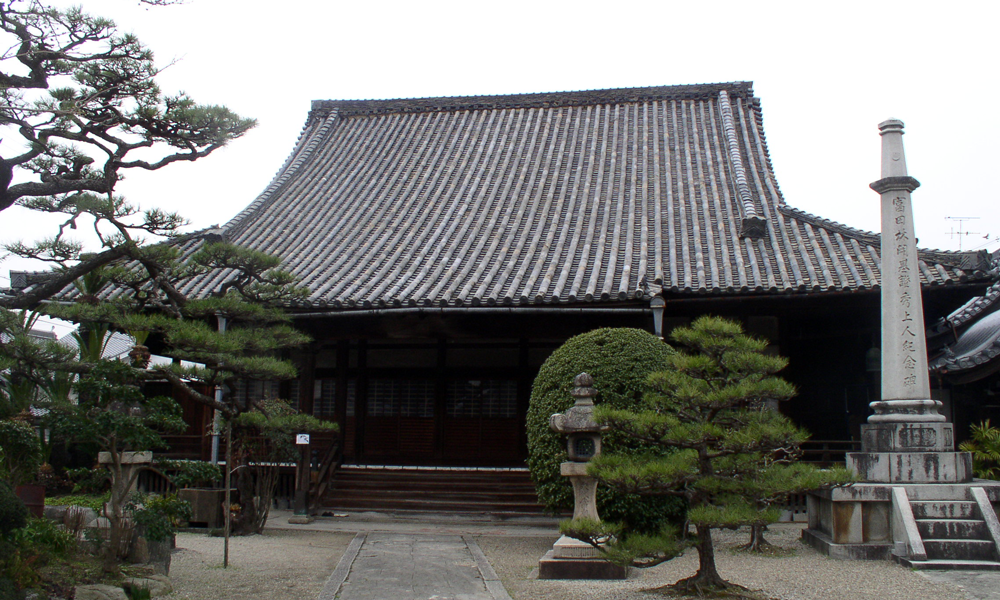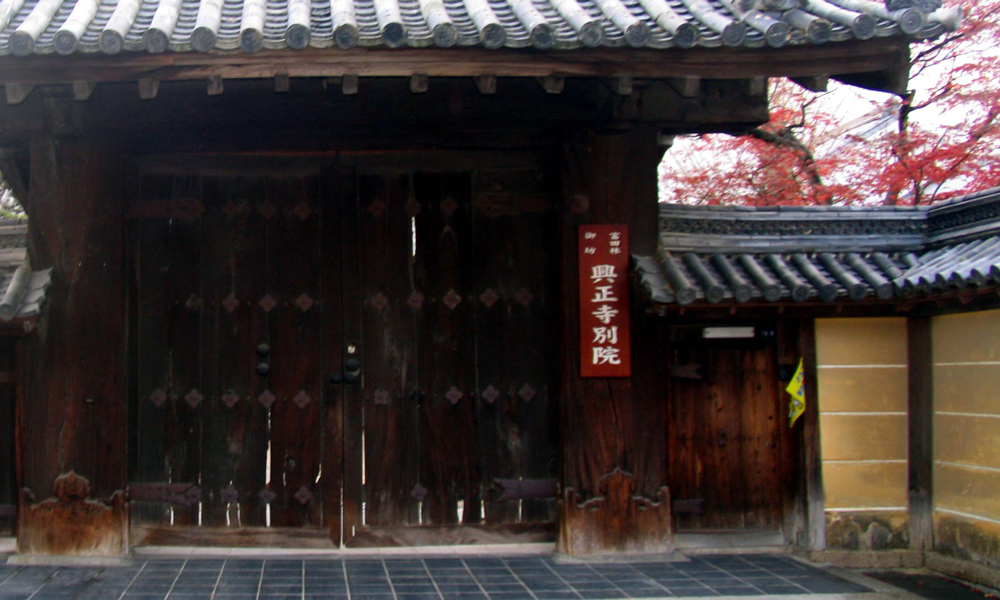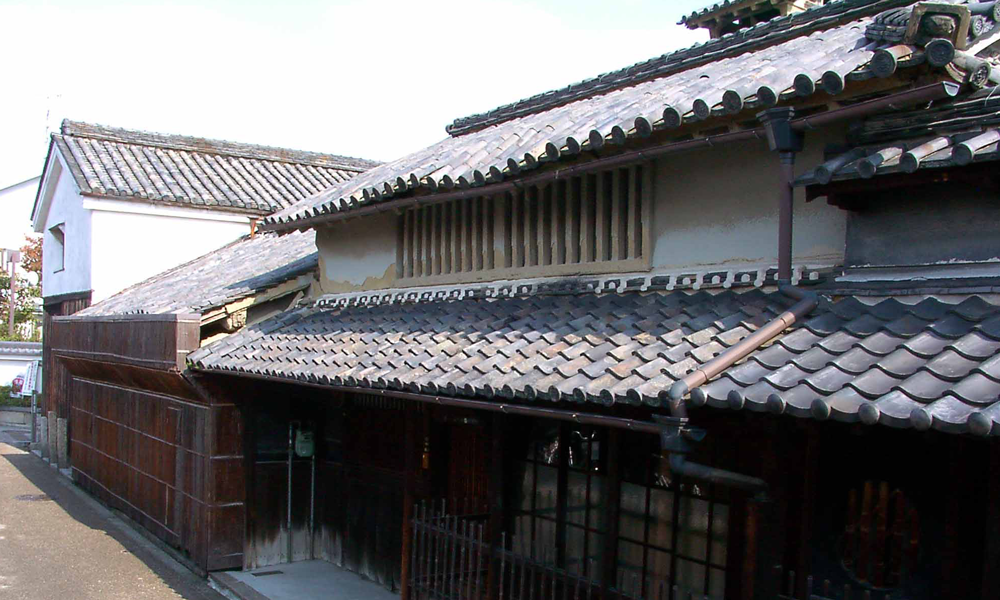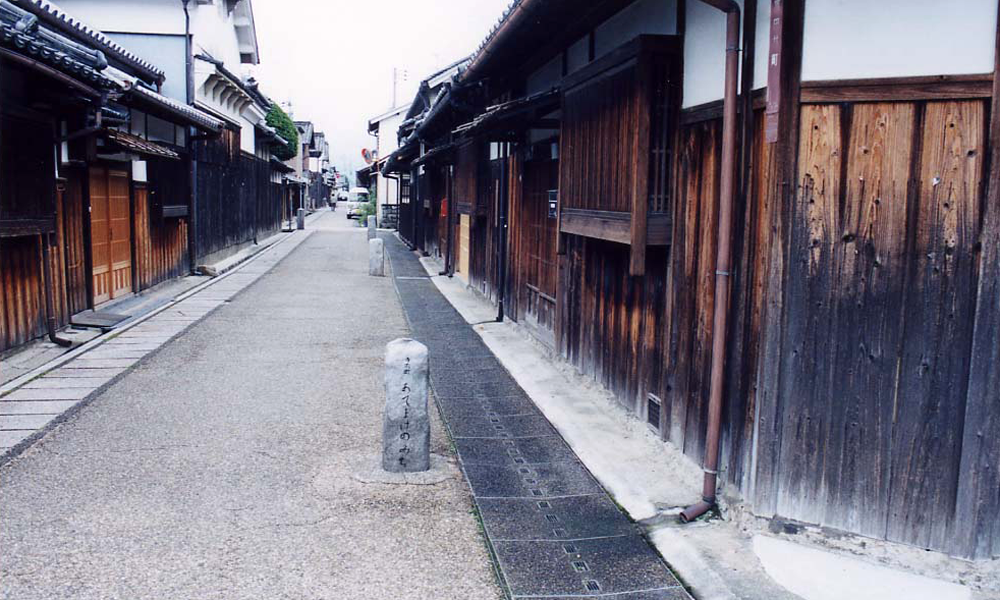 アトリエ紹介
アトリエ紹介
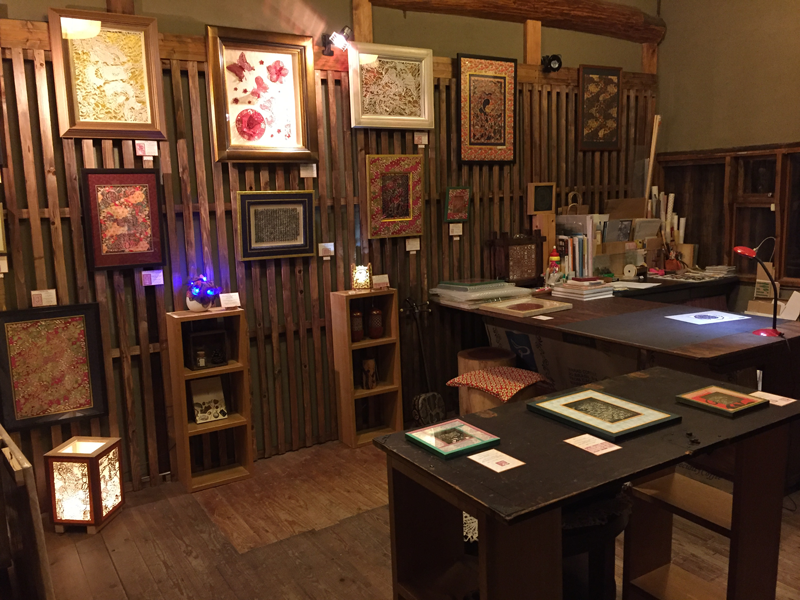
〒584-0033
大阪府富田林市富田林町23-39 紅梅蔵内
営業時間:11時-17時
定休日:火・水
Tondabayashi-Cho 23-29, Tondabayashi-City,
Osaka-Pref. 584-0033, Japan
Opening Hours: 11:00 - 17: 00
Closed: Tue / Wed
アクセスマップ
富田林寺内町の歴史 HISTORY
中世の宗教都市、江戸時代は一大商業都市に
寺内町とは真宗の寺院を中心に堀や土塁で防御した町をいいます。富田林寺内町は永禄初年(1558〜1561)に誕生しました。京都興正寺の証秀上人が訪れ「荒芝地」を銭百貫文で購入、近隣4ヶ村から8人の有力者を集めて興正寺別院を建設し8人衆の合議制のもとで御坊を中心とした町づくりが行われました。江戸時代には幕府の直轄地となり、近くを流れる石川の水運と東高野街道・千早街道が交差する陸運に恵まれて、商業の町として大いに発展。特に酒造業が盛んで、寛文の頃の記録(1668)では51職種、149の店が軒を並べていました。商いのみならず、寺内町は文化の町として発展をとげます。杉山家や御坊では能や浄瑠璃が盛んに興行され、町人の間では俳諧がブームとなりました。また、周辺の農家の前裁には葡萄が栽培され、葡萄からできたワイン(葡萄酒)を名産とするなど、寺内町には自由で新しい時代を拓く気風が満ちあふれていました。
A religious town in the Medieval periods and a commercial town inthe Edo Period.
Jinai-machi is the name of a town once protected by moats and earthworks , centering on a Buddhist Temple of the Shinshu sect. Tondabayashi Jinai-machi(located at Tondabayashi-cho, Tondabayashi City)was build in the Eiroku era(1558〜1561). Shoshu Shonin, a high priest from Kosho-Ji Temple in Kyoto, came to Tondabayashi and boought uncletivated grassland for 100 kan mon (old currency unit). He assembled eight persons of great influence from four local villages, and built the Kosho-ji Betsuin or a branch temple. Under the council system of these eight persons, they started to built the town centering on this temple. In the Edo period, Jinai-machi prospered as a commercial town because of its good location at the crossroads of Higashi Koya-Kaido and Chihaya-Kaido in addition to transportation by the Ishi(kawa) River under the direct control of the Tokugawa Shogunate. the sake brewing industry in particular flourished, and there were 149 shops in 51 types of businesses, according to records from the Kanbun era(1668). Jinai-machi developed as a cultural town as well as commercial town. Noh Play and Joruri, Japan's traditional Play were often performed at Kosho-ji Betsuin temple and the Sugiyama residence. Haikai, a seventeen-syllabled verse, was popular among the merchants. In the surrounding area, farmers grew grapes in their gardens, which were made into wine as a specialty. These was a generous and open spirit for a new era of freedom in Jinai-machi.
